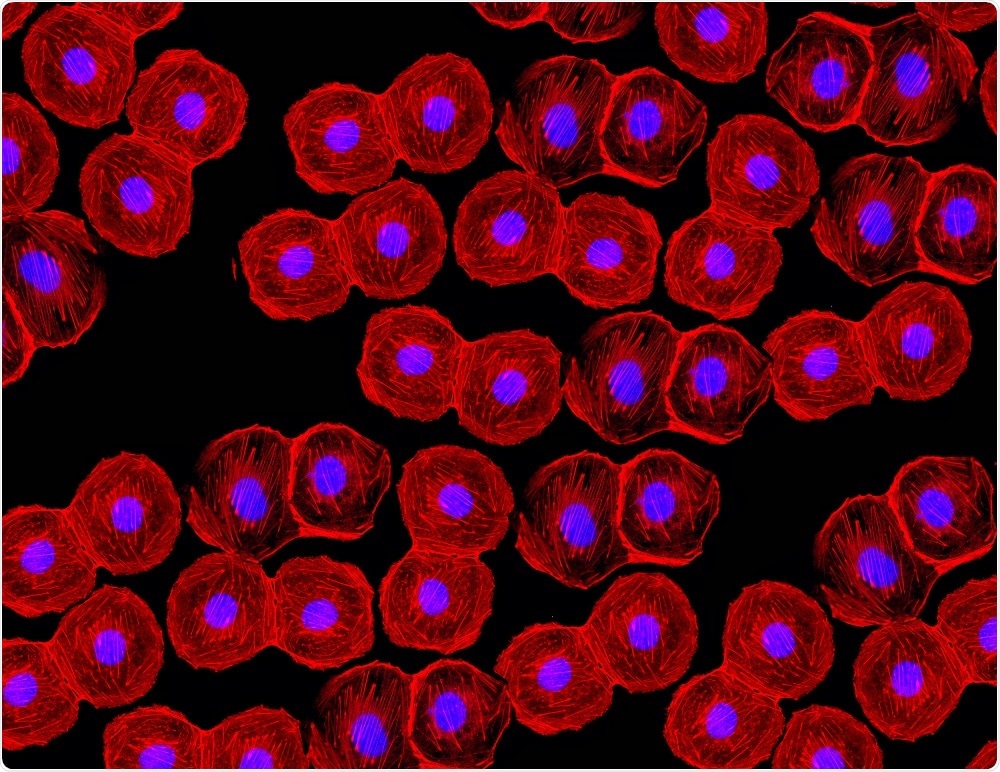Researchers from The Scripps Research Institute have reported a new and more effective way of screening for potential cancer drugs.
 Credit: Edgloris Marys/Shutterstock.com
Credit: Edgloris Marys/Shutterstock.com
The technique uses three-dimensional, ball-like cell aggregates called spheroids to perform high-throughput, rapid screening of hundreds and even thousands of compounds.
What's important about this research is that we're able to do studies using a form of cancer cells that is more physiologically relevant and better recapitulates how these cells appear in the body."
Timothy Spicer, First Author
The single layers of cells that are normally used to screen for cancer drugs tend to grow at the same rate, since they are exposed to equal amounts of oxygen and nutrients.
The spheroid structures, however, mimic what may happen in a tumor – with some cells on the outside of the tumor and some on the inside.
"With these 3-D spheroids, we emulate much more closely what's found in living tissues," said Louis Scampavia, co-author of the study.
As reported in Oncogene, the technique has already enabled the researchers to identify a potential drug for targeting an important cancer gene.
The study focused on a protein involved in tissue signaling called KRAS. Mutations in the KRAS gene and other members of the related RAS gene family are known to be mutated in almost one-third of cancers.
Previously, this protein has been very difficult to target and so far, there has been little success, says co-author Joseph Kissil: "The KRAS protein is relatively small, and that's made it hard to attack it directly. But the method of screening that we used in this study allowed us to come at the question in a different way."
Using the new technique, the researchers identified a drug that was not previously known to affect KRAS. The teams says this particular compound will probably not be developed into a cancer drug, but its discovery has confirmed that the new approach is effective.
The researchers hope their findings will pave the way the for the development of new cancer drugs:
Many of the most promising compounds may be overlooked with 2-D screening. This study provides direct evidence that screening for drugs using 3-D structures of cancer cells may be more appropriate."
Timothy Spicer, First Author
Source:
https://www.eurekalert.org/pub_releases/2018-05/sri-tsh051118.php